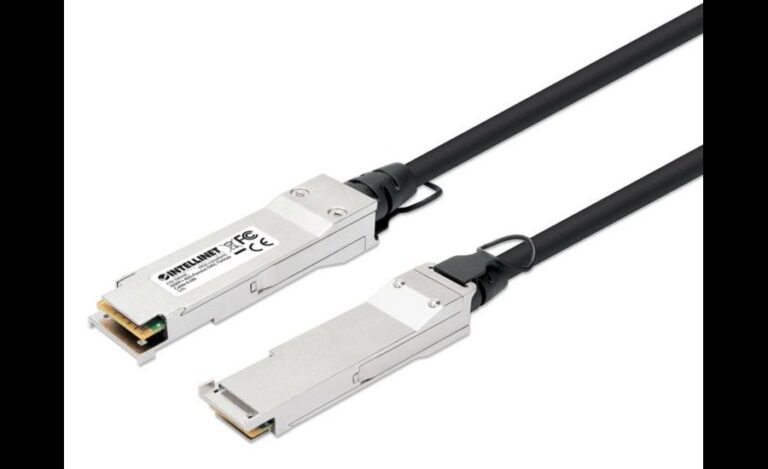Expert Witness Search: Streamlining the Process for Attorneys
Understanding the Importance of Expert Witnesses
Expert witnesses serve as a bridge between complex subject matter and accessible understanding in legal contexts. Their contributions fundamentally clarify intricate details that can make or break a case. An expert witness threads these nuances into a compelling narrative in fields like biotechnology, engineering, or cyber security, where the nuances might be too technical for average court participants to grasp. This role is not merely about supplying information but constructing a story the jury can follow, helping them see how technical realities align with the legal arguments presented. Without such expertise, many cases might falter under the weight of misunderstood or misinterpreted technical evidence, illustrating the paramount importance of expert witnesses in modern litigation.
Streamlining Searches with Modern Tools
The search for expert witnesses by lawyers has been significantly transformed with the arrival of the digital age. In times past, finding the right expert was a laborious process, often contingent upon word-of-mouth recommendations and a network of industry contacts. This process is significantly streamlined with the rise of expert witness search firms. These platforms serve as comprehensive databases that can be easily navigated, offering filtering options that enable attorneys to zero in on experts according to their needs. For instance, lawyers can search for experts based on their geographical location, field of specialization, and even their previous case verdicts. This technological revolution in sourcing expertise accelerates the search process and broadens the horizon, allowing legal practitioners to engage with experts from diverse backgrounds and specialisms. The digitization of this search process marks a turning point that enhances the efficiency and efficacy of legal strategies.
Evaluating Expert Witness Credentials
Finding potential expert witnesses is just the beginning. The critical phase lies in evaluating their credentials to ensure they are knowledgeable but also credible and courtroom-ready. Attorneys should undertake an exhaustive review of each candidate’s academic background, ensuring they hold the necessary qualifications and are associated with reputable professional bodies. It is equally imperative to consider their publication record and previous courtroom experiences, focusing on their ability to handle cross-examinations and maintain credibility under pressure. Case history analysis can also reveal how their testimony has been perceived in past proceedings. By thoroughly vetting candidate backgrounds, attorneys enhance their case’s credibility, minimizing the risk of their chosen expert becoming a liability rather than an asset. This meticulous vetting process is a safeguard for maintaining the integrity of the case.
Optimizing Collaboration with Experts
The attorney-expert relationship thrives on a foundation of clear communication and mutual understanding. Effective collaboration means not just briefings on legal needs but involving the expert in strategic discussions, ensuring they are aligned with the overall goals of the case. It benefits both parties when experts are invited to participate actively in crafting how they’ll present their analysis and testimony. Through this collaborative process, experts can refine their deliverables, addressing specific points of contention and preparing for potential counterarguments from the opposing side. Such preparations ensure that the expert witness does not just provide information but does so in a manner that supports and strengthens the overall legal strategy being pursued in court. This collaboration maximizes the expert’s contribution while ensuring alignment with the legal narrative.
Preparing Expert Witnesses for Court
No matter how knowledgeable an expert may be, their in-court performance often hinges on rigorous preparation. This preparation involves familiarizing them with the legal procedures and equipping them with the skills to deliver their testimony compellingly and understandably. Rehearsals are crucial, where the expert practices articulating their findings clearly and engagingly. Additionally, these exercises involve anticipating the line of questioning they might face and developing strategies for addressing challenging inquiries effectively. Experts who undergo thorough preparatory sessions are more likely to communicate complex data persuasively, bolstering the legal team’s position during the trial. Thus, the preparatory phase translates technical expertise into powerful courtroom advocacy.
Addressing Search Challenges
Despite advancements in technology and methodology, several challenges are faced in the search for suitable expert witnesses. Specialized fields can present supply issues, where the number of qualified experts is limited, making competition for their time and resources fierce. Moreover, geographic constraints can further complicate the availability of experts, especially when local regulations demand in-person testimonies. Financial considerations also play a crucial role, particularly for smaller firms that may find the cost of reputed experts prohibitive. Tackling these challenges requires ingenuity and adaptability. Consideration for remote testimonies can open the field, while innovative financial arrangements can make expert engagement more accessible. Through these strategies, firms of all sizes can overcome typical barriers, securing the expert support required to enhance their litigation prospects. Navigating these obstacles effectively ensures that legal teams can leverage top-notch expertise regardless of external constraints.
The Future of Expert Witness Searches
The trajectory of expert witness searches and engagements suggests a promising future characterized by technology-driven enhancements. As artificial intelligence and data analytics become more embedded in legal practice, the precision with which attorneys can match expert witnesses to specific case needs will increase. These technologies hold the potential to not only refine existing processes but also unearth new insights into expert performance, enabling attorneys to make more informed decisions. Those within the legal profession who are proactive in embracing these innovations will find themselves well-equipped to navigate the complex landscapes of future legal environments. In doing so, they will harness the full potential of expert witness testimonies, aligning them seamlessly with evolving legal practices and technological advancements for maximum impact. The future heralds an era where expert engagement is improved and seamlessly integrated into strategic legal operations, optimizing outcomes and advancing the pursuit of justice.






